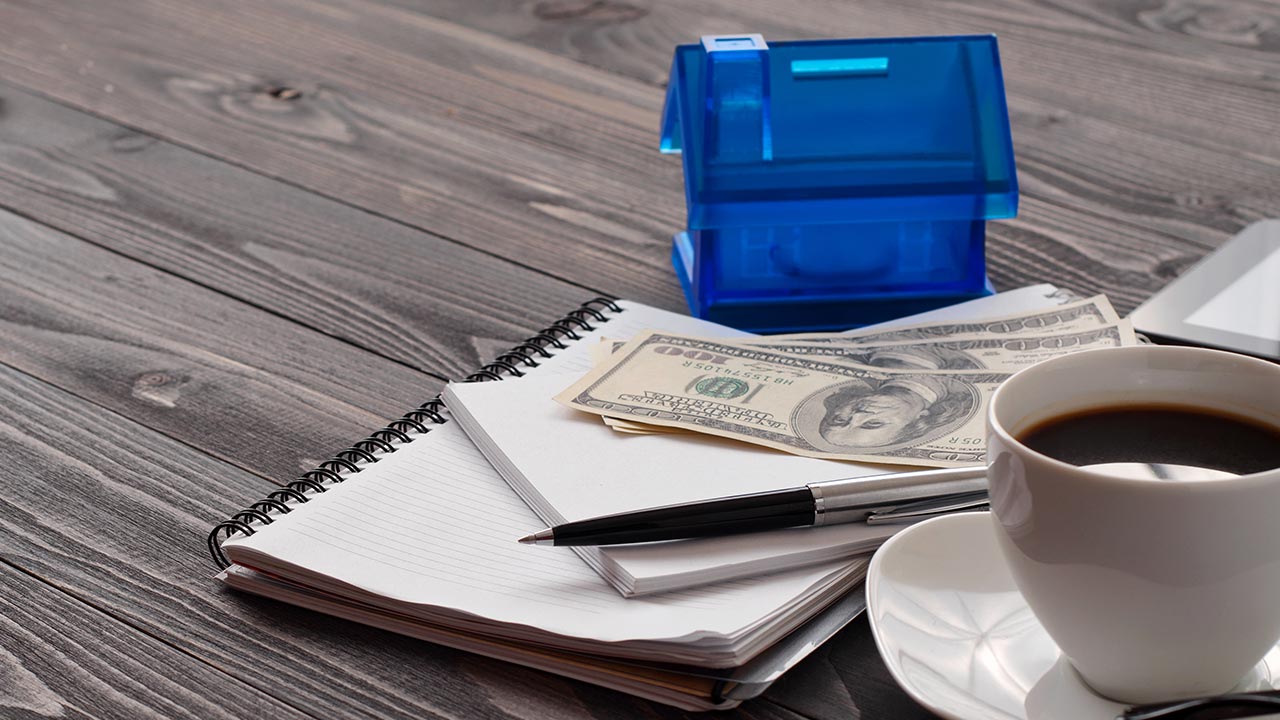When is it a Good Time For a Cash-Out Refinance?

Many homeowners throughout the country have built up enough equity in their homes that can be pulled out and used for many of life’s major expenses. Yet while there are various ways to get that money out, one popular way is through a cash-out refinance.
This type of program involves refinancing your mortgage for more than what you presently owe, and the difference is taken out in liquid cash. You essentially secure a new loan that replaces your existing mortgage in order to get your hands on those funds. Once you have that money, you can put it towards large purchases or expenses, or to pay off high-interest debt.
How Does a Cash-Out Refinance Differ From a Home Equity Loan?
Even though a cash-out refinance and home equity loan will allow you to use the equity that’s built up in your home for various expenses, these two programs are slightly different from one another.
A cash-out refinance means that your existing mortgage loan is being replaced with another single loan that’s bigger than the original. You still have only one monthly mortgage payment to worry about over the life of your home loan. And if the replacement mortgage comes with a lower interest rate, you can realistically save money over the life of the loan.
With a home equity loan, on the other hand, you’re actually creating another loan that places a second lien on your property. As such, you’ll have two mortgage payments to make each month to cover both mortgages. And since there are no changes being made to your current mortgage, you can’t take advantage of a better interest rate as you would be able to with a cash-out refinance.
At What Point Does a Cash-Out Refinance Make Financial Sense?
Before tapping into a cash-out refinance, there are certain times or situations that make this type of program potentially beneficial for you.
Today’s interest rate is much lower than your current rate. Depending on when you locked into your mortgage, the current rate may be a lot lower than what your original mortgage was charged. If there is a significant difference between your rate and the rate that you can get with a cash-out refinance, it might make sense to take advantage of this program to save a ton of money that would have gone towards interest rate than your principal.

You’ve built up enough equity in your home. Obviously, there needs to be a sizeable amount of equity in your home in order to be able to use it for whatever purpose you so choose before you even consider a cash-out refinance. Take a look at your loan-to-value (LTV) ratio, which is the amount of your home loan relative to the value of your property. The closer this number is to 80%, the better.
Your home value has increased a significant amount. One way to build up equity is to make regular mortgage payments on time every month over the years. But another way to build up equity is through the appreciation of your home’s value.
For instance, if you purchased your home for $350,000 10 years ago and your home is now worth $600,000, that’s $250,000 worth of equity that you’ve been able to take advantage of thanks to the increase in the value of your home during that time. In fact, appreciation in value is the fastest way to build equity.
You have a valid reason to use that cash. If you have a pressing expense to cover that requires a large sum of money, a cash-out refinance may be justified. Coming up with the liquid cash needed to pay for certain expenses can be challenging when you factor in all the other regular expenses you’re responsible for covering every month. Certain instances warrant a cash-out refinance, such as:
• An expensive medical procedure
• Your grown child’s college tuition
• A home renovation project
Other than expenses such as these, you may also want to use that cash to pay off your high-interest debt. In fact, debt consolidation is one of the most popular reasons why homeowners opt for a cash-out refinance.
Some types of debt tend to come with sky-high interest rates that make it nearly impossible to completely pay off as a result. By pulling out some of your home equity through a cash-out refinance at a low rate, you can save yourself quite a bit of money that would otherwise have been spent in interest payments every month. And paying off high-interest credit card debt can have a positive impact on your credit score.
The Bottom Line
A cash-out refinance can certainly come in really handy to pay for many of life’s large expenses and to consolidate your debt, as long as you are qualified for such a program. That said, opting for a cash-out refinance should only be done after careful consideration of your finances and your current home equity.
Whatever you do, don’t max out on your home’s equity. If you do a cash-out refinance, consider leaving at least 20% of your home equity so you have a financial cushion to fall back on if you ever find yourself struggling to pay your mortgage.